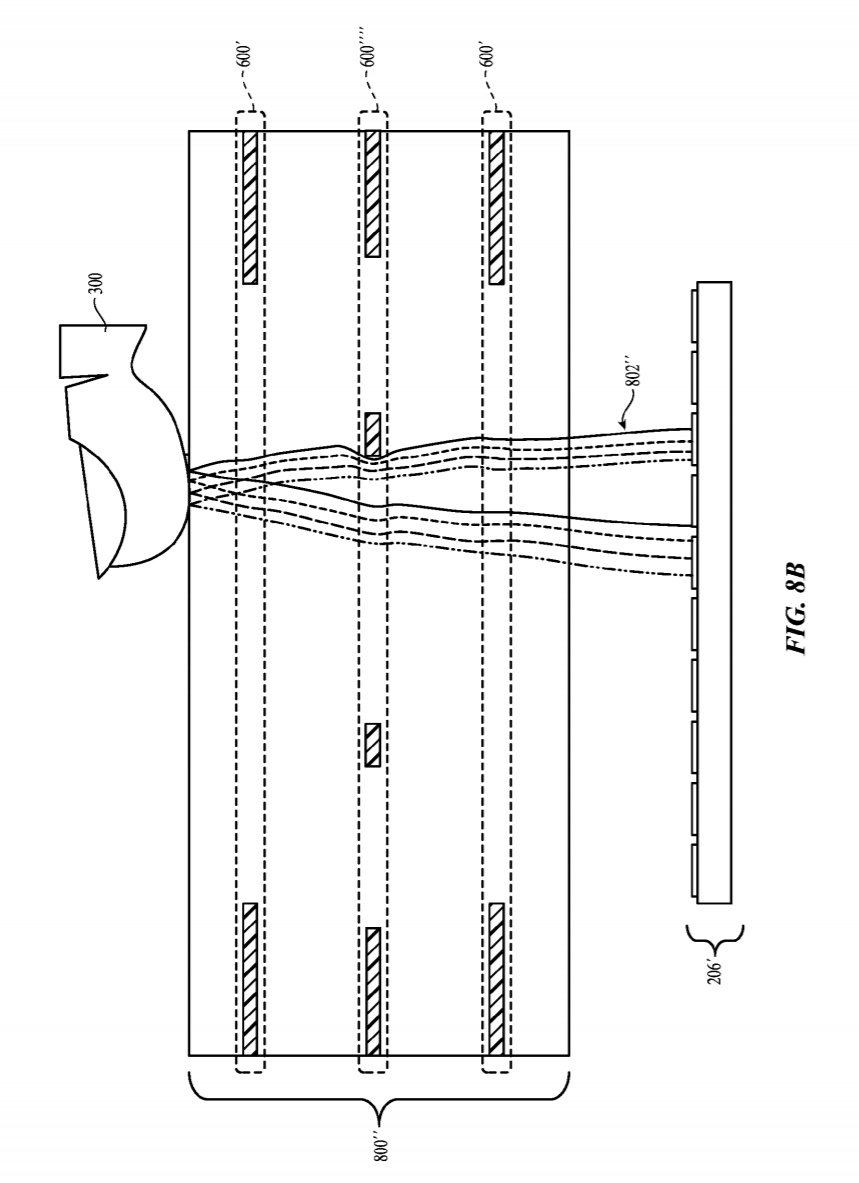No more home button on future iPhones and iPad Pros? Apple may have just made it official.

We heard plenty of talk prior to the iPhone 7 launch, about Apple looking to eliminate another notable feature from its future handsets aside from the headphone jack. Rumors have hinted to the possibility that the home button, which has been a fixture of the iPhone since its very first iteration in 2007, could be next.
This week, it seems that a new patent, granted on Tuesday, and titled “Capacitive fingerprint sensor including an electrostatic lens”, may be all the evidence we need to know that Apple is serious about a future where the iPhone, and perhaps even more iOS devices, could be simple slates of seamless glass.
The patent was initially filed in 2014, and describes what could be imagined as a method to replace the home button and Touch-ID sensor with a capacitive mechanism designed to work across any portion of the screen.
The home button primary feature, aside from a quick return to the home screen, is to unlock a device, may that be an iPhone or an iPad Pro. With that said, considering the latest radical improvements on the design of iOS, it’s hard to define a return to the home screen much of a feature. Most apps have push notifications and other direct ways to be accessed that render the home button hardly relevant to that effect. Unlocking an iPhone or an iPad is taken care of, for the moment, by Touch-ID, which is built into the home button, however Apple and other manufacturers are already looking at enabling fingerprint detection across the entire area of a touchscreen, which is a far more convenient way to unlock a device the size of the iPhone 7 Plus, for instance, with one hand, by making Touch-ID more accessible.
The home button in the iPhone 7 uses Apple’s taptic engine to detect pressure, which is also the same method introduced with the Force Touch trackpad, in the 12 inch 2015 MacBook Retina. This method eliminates the need for moving parts in the home button, and allows to seal the area of the home button completely, which helped making the iPhone 7 water resistant.
While being water resistant is one of the main selling points of the iPhone 7 and the new Apple Watch, The iPhone 8 is going to be a pivotal device for Apple, as it will mark the 10th anniversary of the handset. The occasion will most likely call for something revolutionary, and the grant of this patent may be one indication of the direction Apple is about to take, not only with the iPHone, but perhaps with other iOS devices as well like the iPad Pro.
Ready to shop?
Shop for the ultimate deals in productivity at PortableOne where you’ll find the latest, powerful iPad Pro , as well as a complete range of accessories.